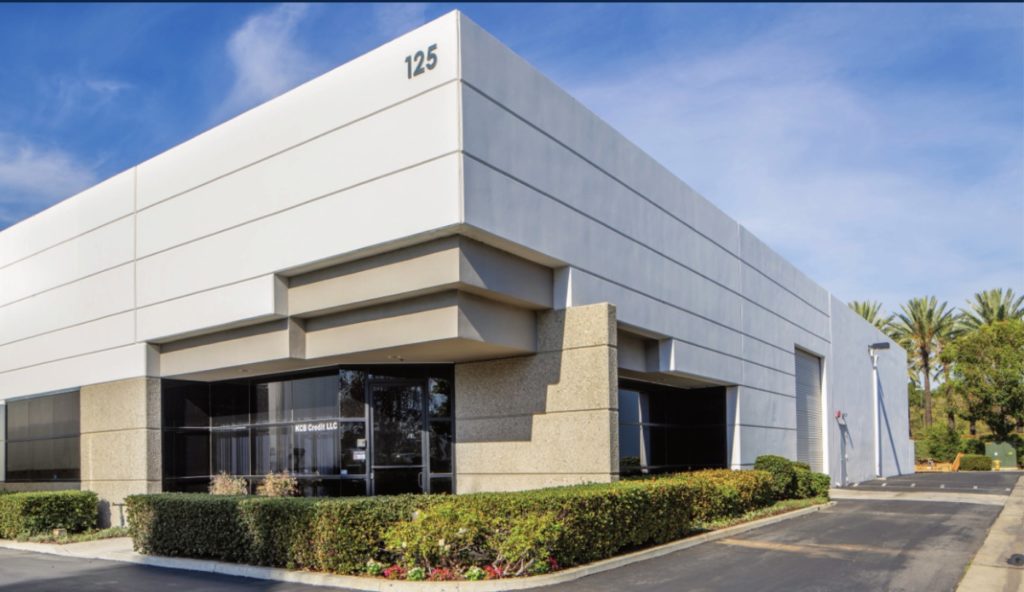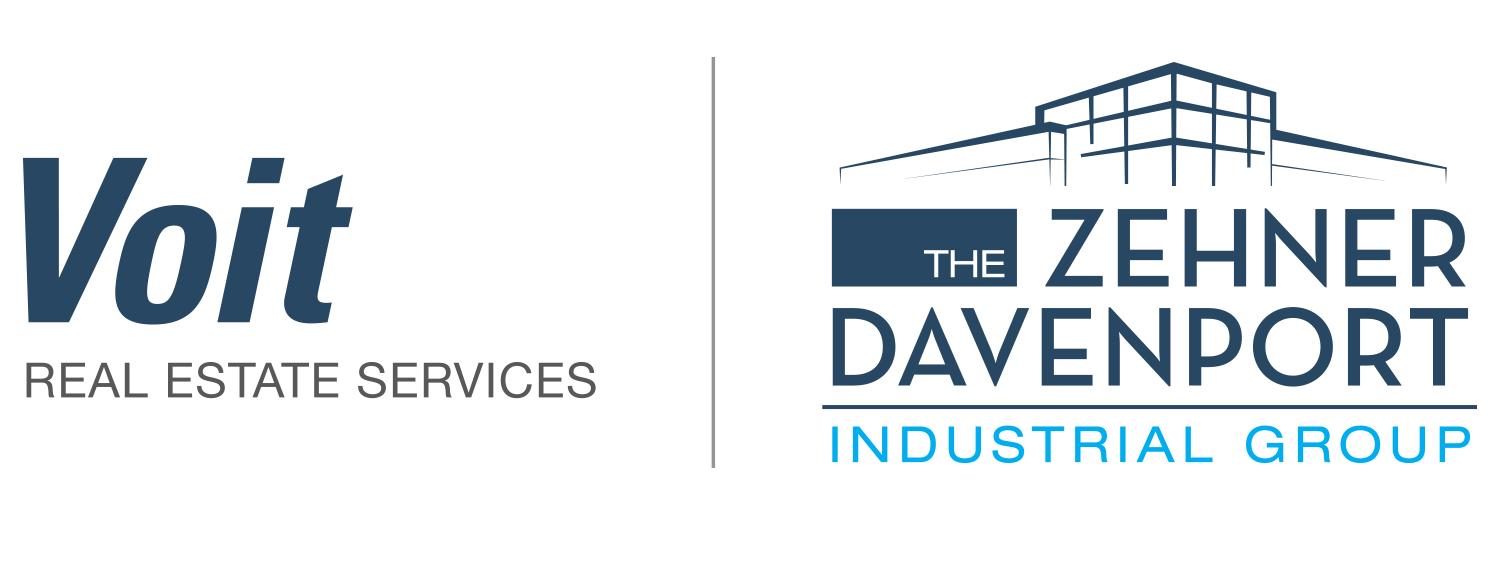Re-thinking what constitutes a “win” in today’s tight industrial market, and our 5 best tips for getting the best possible result from your next lease negotiation.
It’s in our DNA to negotiate in our own interests and do our best to come away with a win, whatever the stakes may be.
As young children, we all ‘negotiated’ for more cool stuff and later bedtimes. As teenagers, a win might have been defined as a lifting of the curfew on Friday nights. As a business owner, you probably bring that same energy and desire to protect your interests to work with you every day, as you should.
In today’s tight industrial market, what constitutes a win when negotiating a new lease might not feel like one when the dust settles.
Landlords continue to maintain a firm upper hand as the supply of available space remains at an historic low point. The basic laws of supply and demand have never been more apparent or as frustrating for business owners looking to move. Most are shocked to discover that they may have to pay as much as 50% more than their current lease rate and be forced to settle for a property that falls short of meeting their needs.

To be sure, you will be paying more for your next building if you plan to make a move in 2019. Lease rates are still moving up quickly and landlords are loathe to offer concessions like free rent or interior build-outs. However, there are other ways to get that all-important win as you secure a new home for your business.
Here are a few tips on how you can achieve the best possible result despite an uneven playing field:
1. Establish your priorities, those things you just have to have operate efficiently. That could be the physical characteristics of the building itself, the location, the length of the lease, options to renew, help with tenant improvements, etc. Make sure your commercial property professional knows what to look for and fight the hardest to secure.
2. Before you start looking for space, closely scrutinize your current operation as a way of finding new ways to become more efficient. You might not need as much space if you can leverage new technologies, materials handling systems, a more efficient layout or a change in operational protocols.
Ask yourself how your business has changed since you picked your current location. We have seen a lot of companies take less space when they move, even when their businesses are still expanding. At today’s prices, every square foot you don’t lease, you won’t have to pay for, and that means more dollars falling to your bottom line.

3. Be ready to act quickly and aggressively if a building that suits your needs becomes available. Competition for quality space is intense and time is of the essence if you want secure the best property. Very little new inventory has been added to the supply of industrial buildings during this economic up-cycle, and chances are your next building will be at least 20 years old and functionally obsolete in one way or another.
So, if you find a good quality building that fits your requirement, move fast and don’t test the landlord because he probably has other offers on the table sitting right next to yours.
4. Don’t sweat the little stuff. Too many tenants insist on making major modifications to standard lease documents, even on issues that have a low likelihood of surfacing as a problem. While it is important to protect your own interests, be careful not to negotiate your way out of a deal by insisting on a long list of minor modifications to the lease.
If negotiations break down on the building that fulfills your highest priorities, there may not be another alternative to turn to. Use your experience with your existing lease as a guide in lease negotiations. For all the changes in market conditions we have seen, the relationship between landlords and tenants has changed little in decades.
5. Choose the right broker who knows the specifics of the market you want to be in. The real pros know the landlords, follow the trends and track the metrics that will help you make the most informed decision.
Make sure the broker you choose has the relationships, transaction history and market knowledge to help you make the most informed decisions. The same goes for renewing existing leases. Negotiating directly with the landlord is great for the landlord, but not for you.
If you are working with an experienced professional, your landlord will know that you are negotiating from a position of strength that comes from understanding all options available in the open market.


Leave a Reply
You must be logged in to post a comment.